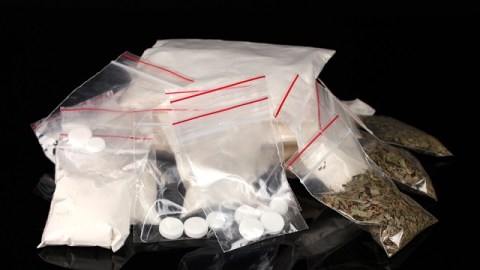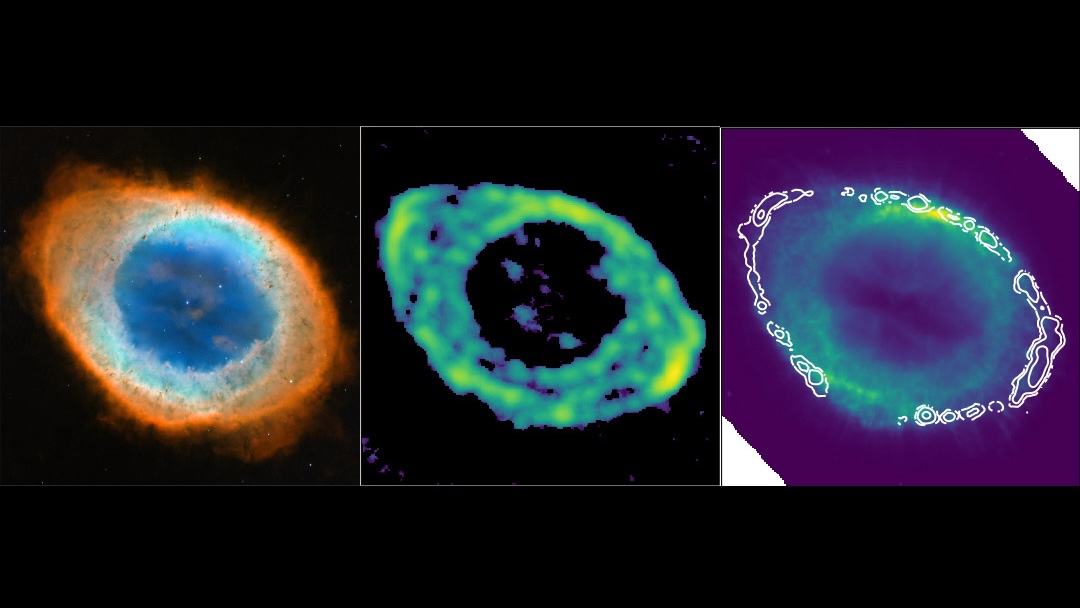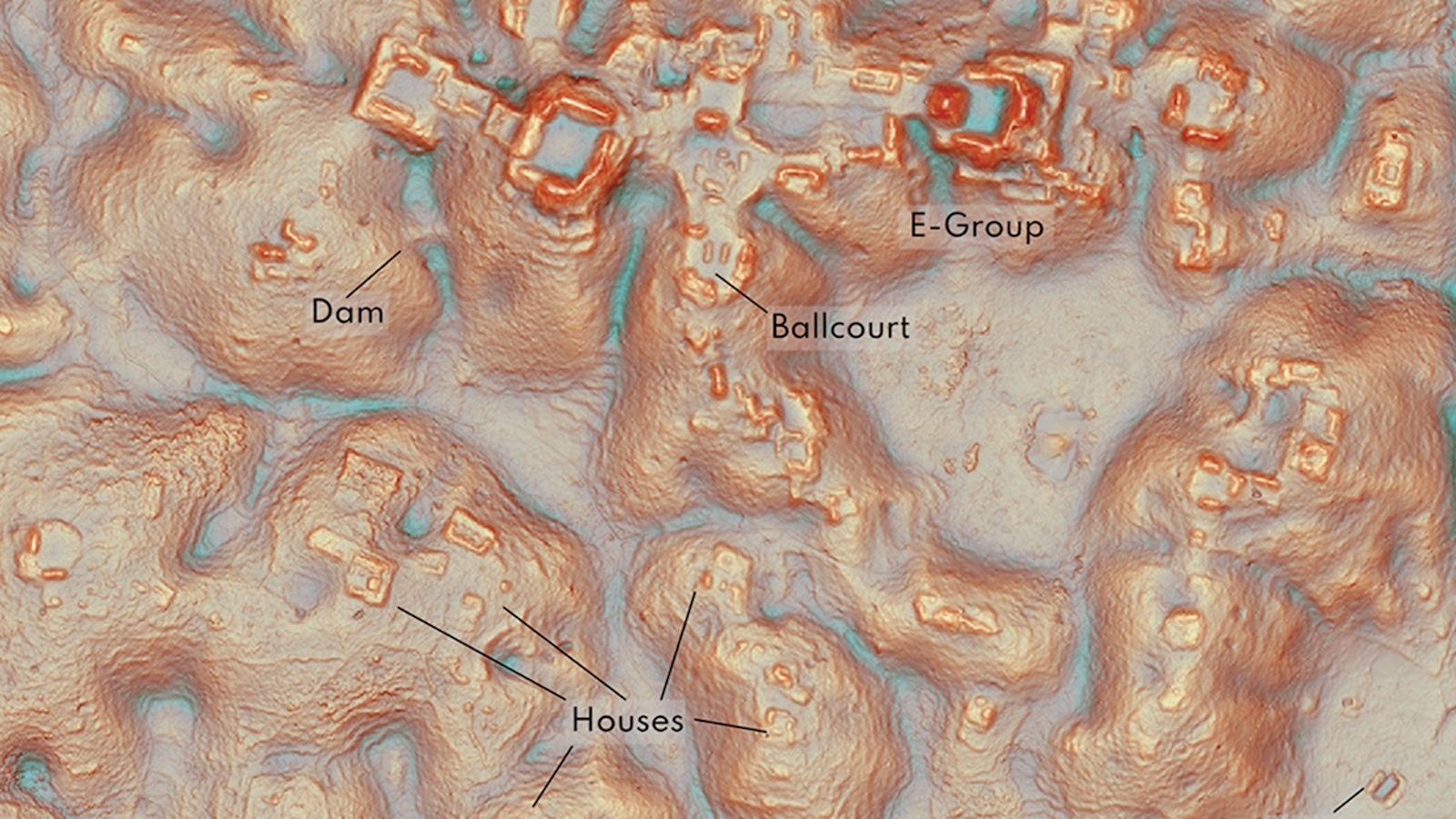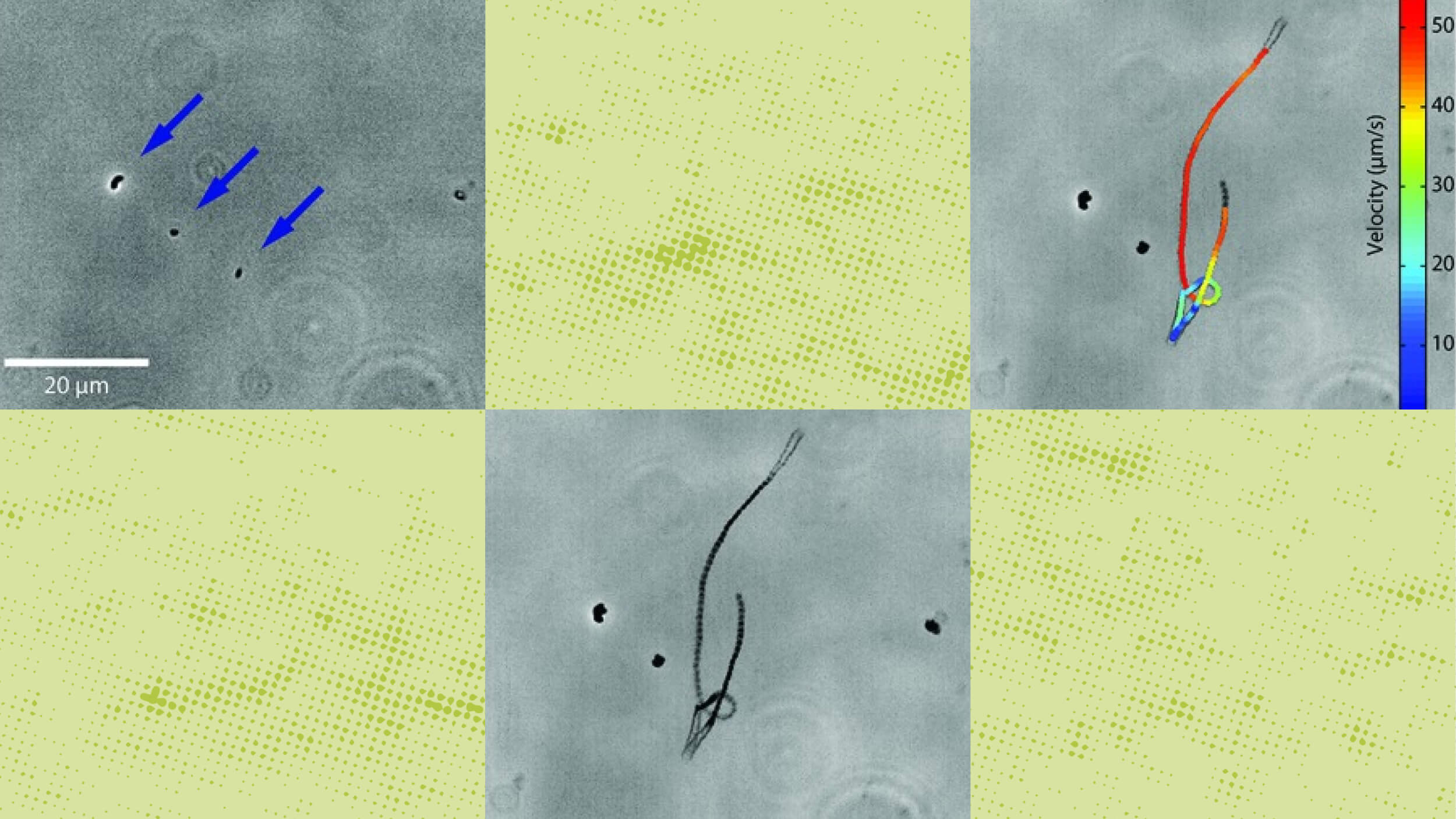What Drug Decriminalization Looks Like In Portugal

What’s the Latest Development?
In 2001, the Portuguese government changed its drug laws so that possession of small amounts over a predetermined limit — for example, one gram of heroin or 25 grams of marijuana — would be treated as a misdemeanor rather than a felony. Twelve years later, according to Portugal’s anti-drug program head João Goulão, data shows that the number of addicts entering rehab has increased dramatically, while the number of teen drug use and HIV infection rates among addicts has decreased. He says, “We haven’t found some miracle cure…[but] decriminalization hasn’t made the problem worse.”
What’s the Big Idea?
When a commission of experts — most of whom weren’t politicians — looked at revamping Portugal’s policy, they quickly decided that most drug users weren’t criminals, which led the way towards a more “humanistic and pragmatic” approach. One opponent, Manuel Pinto Coelho, fears that this tactic represents a kind of capitulation in what he still says is a war on drugs: “How…is it possible to keep young people away from drugs, when everyone knows exactly how many pills can legally be carried around?” Still, according to Frank Zobel of the European Monitoring Center for Drugs and Drug Addiction, “Drug consumption has not increased severely. There is no mass chaos…That’s a very good outcome.”
Photo Credit: Shutterstock.com





